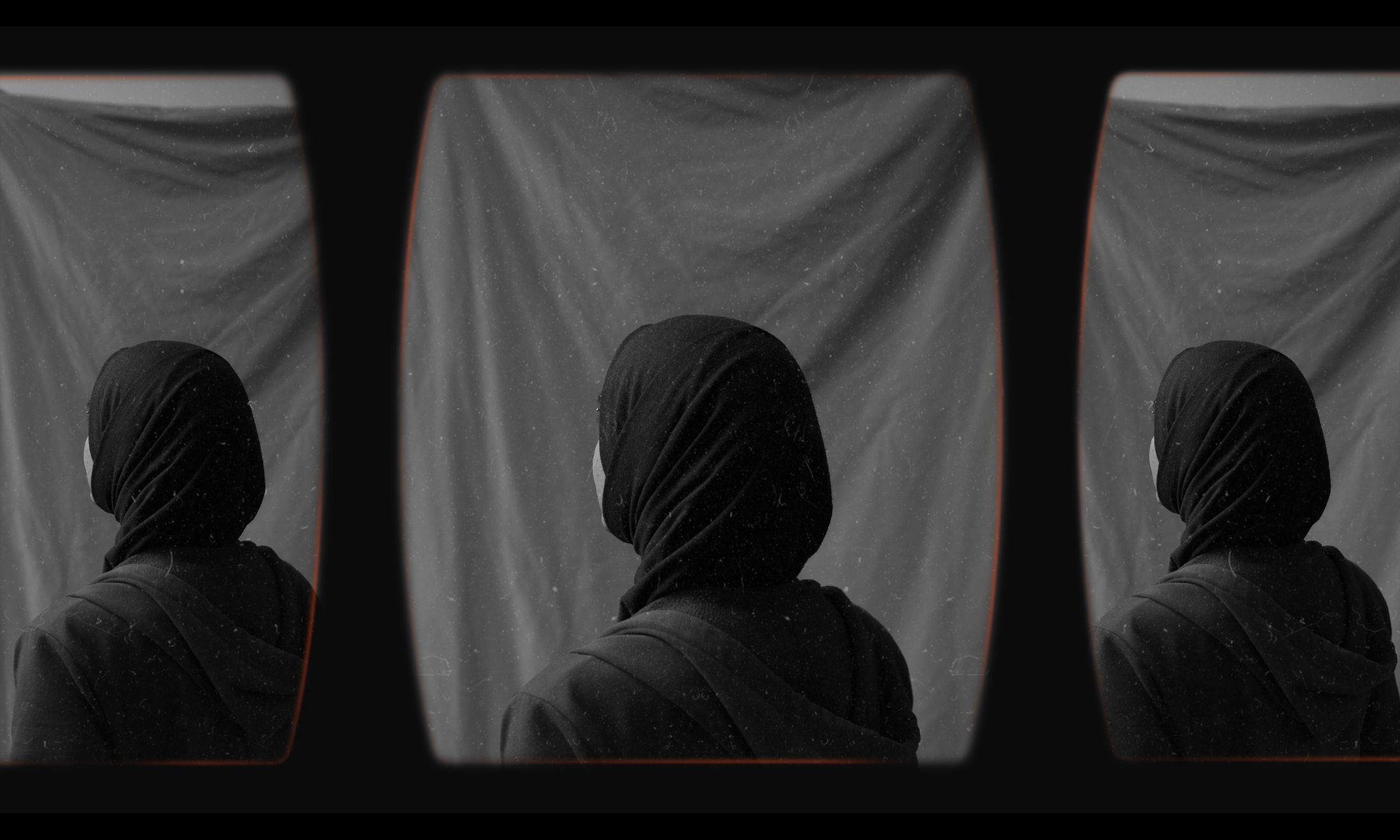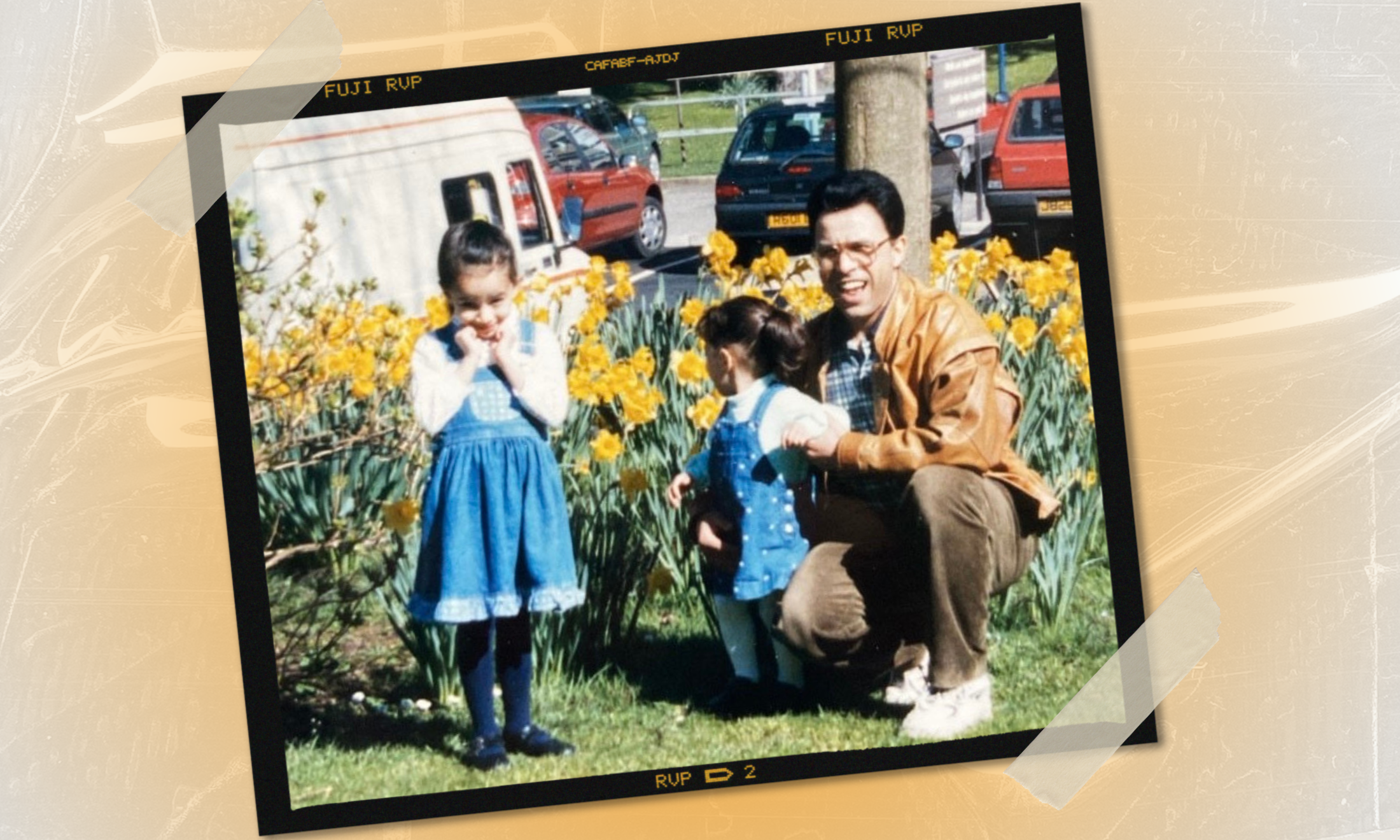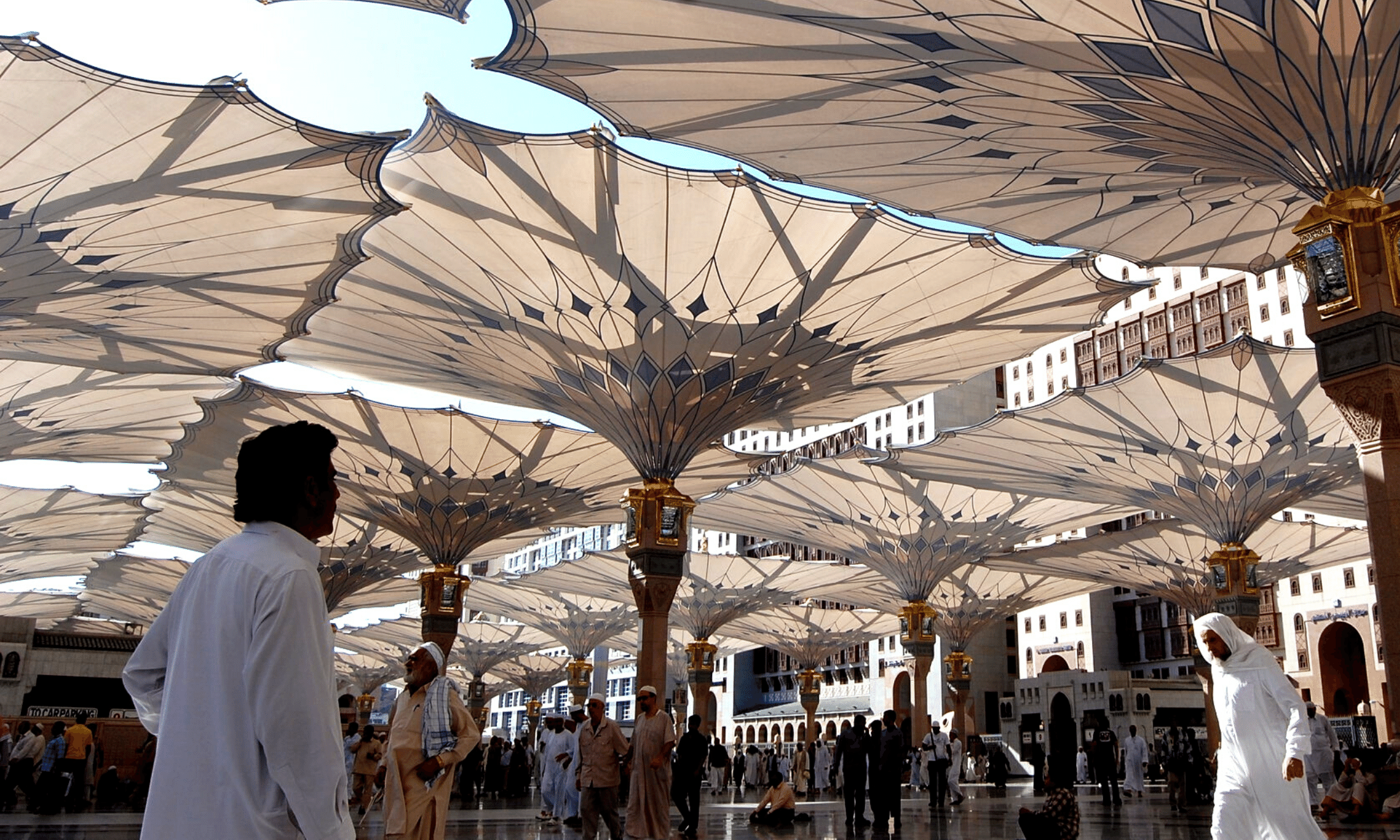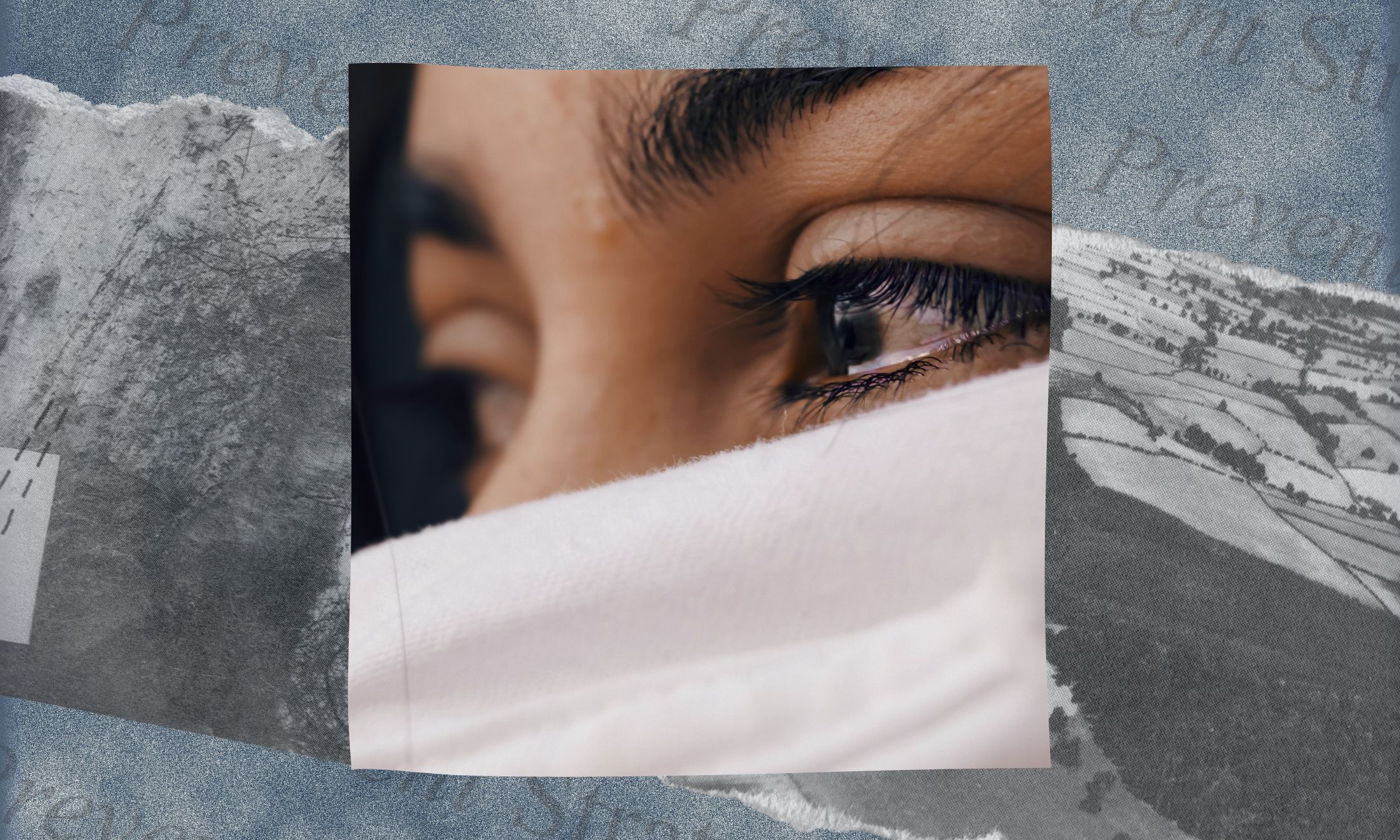
How I celebrate Eid as a ‘Muslim-ish’ woman from Kazakhstan
Although many people in Kazakhstan aren't practising Muslims, Elmira Tanatarova discovered the significance of Eid after moving to London.
Elmira Tanatarova
01 Aug 2020
Eid al-Adha is a traditional Muslim celebration, honouring the sacrifice Ibrahim was willing to make for God. It marks a very holy period for followers of the religion. I’d learned the significance of it for the first time at 18-years-old at university in East London, despite having celebrated it many times before in my home country of Kazakhstan.
Being a Central Asian woman and living abroad means that you’re always explaining your existence to people who have no idea how to process you, or your place in the Muslim community. We have perfected the art of telling others where the country we’re from is (“right under Russia – you can’t miss it, it’s huge”), even though it is quite likely one of the biggest landmasses in the world. We have laughed off the confusion as people try to uncouple what we look and act like from the stereotypes they have floating around in their heads.
There’s a joke amongst Kazakhs that it’s baffling for Westerners to see Russian-speaking Muslims who drink alcohol, and look like they may be from China, Korea, or Japan. Central Asian people can’t be understood and easily unpacked by the Western lens, which often sees these demographics as separate sects that don’t cross over.
“I had not grown up in a culture where I prayed once, let alone five times a day”
A lot of Kazakh-Muslim traditions involve large family gatherings – and when I moved away from Kazakhstan at eight-years-old, any inkling of connection and tradition I had left with my Muslim heritage vanished.
Gone were the big and bustling family gatherings where plates were piled high with horse meat, mutton and noodles. Gone were the ten different varieties of fried bread my grandmother would make, which you’d slather in homemade jam and drink with hot black tea. Gone were those feasts followed by a quick incomprehensible prayer from a man I never recognised, reading what I had yet to realise, was the Qur’an. They were gone, and I had decided to park my identity into a corner of my mind left untouched for years.
Attending Queen Mary, University of London, in the largely Muslim community of East London, confronted me with what I knew (or moreso, didn’t know) about Islam. Mosque back home was a quiet, unassuming affair – I had only gone once in my whole life. It was nothing compared to the constantly attended and busy East London Mosque. One day I pass it when a kind man outside the mosque hands me a leaflet, hoping to introduce me to Islam and teach me all about it. “But I am Muslim,” I wanted to say, “I’m one of you!” And then I said nothing, realising I hadn’t thought of myself as Muslim in years.
I had not grown up in a culture where I prayed once, let alone five times a day. I was taught nothing of the hijab. I had never read a passage of the Qur’an. How could I call myself a Muslim? Mosque was not considered a community gathering – it’s somewhere you could go for special occasions, and even then, that was only for “religious” people.
Islam isn’t a religion people are used to seeing as engrained in culture but followed without commitment, especially in the more recent couple of decades. But that’s exactly what a lot of Central Asia is.
“Largely speaking, most people in Kazakhstan will have the same relationship with Eid as British people will with Christmas”
Kazakh illustrator Didar says it best in a personal essay on her blog, titled ‘Russian-Speaking. Culturally Muslim. Central Asian’: “Kazakhstan, like other Central Asian countries, adopted and freely adapted Islam within its existing shamanic belief system in the 7th century, which resulted in the development of an eclectic set of practices.
The shamanic and the Islamic elements are tightly interwoven together in the patchwork of Kazakh culture, which is incomprehensible to people who are used to thinking in strictly binary terms.”
Before nomadic Kazakhs accepted the mainstream spread of Islam, there had already been local spiritual Shamanic and pagan religions which worshipped spirits linked to nature – and Islam slotted itself compatibly alongside these practices before becoming widely accepted towards the 18th century.
It’s worth saying that Kazakhstan’s Islamic identity is changing as we speak. The fall of the Soviet union in the 1990s has led to more Muslims in Kazakhstan exploring their faith when separated from the Soviet Union’s state-enforced atheism, and many Kazakhs see an attempt to reconnect with their faith as reclaiming their culture.
“When I moved away from Kazakhstan at eight-years-old, any inkling of connection and tradition I had left with my Muslim heritage vanished”
However, largely speaking, most people in Kazakhstan will have the same relationship with Eid as British people will with Christmas. There is, of course, a handful of the population that will root their festivities in faith, but it won’t be seen as an overwhelmingly spiritual occasion. My family celebrates Eid al-Adha, in practice, with the same rituals other Muslim countries will, the hallmark moment being the slaughter of an animal (usually a sheep) in honour of Ibrahim.
And yet, as I call my great-aunt to ask her what the festival means to her, she doesn’t mention Ibrahim, his son Ismael, or the Qur’an at all. “It’s about family,” she gently explains to me. “It’s about giving blessings to the dead on the Day of Arafah (the day before Eid), and blessings to the living on Eid al-Adha (which Kazakhs refer to as Qurban Ait).” She tells me that the slaughter of the animal more than anything is a way to bring communities together. When the meat is cut, you then bring some of the food over to your family and friends’ houses, and they to you. “Whether people have read the Qur’an or haven’t, they do this,” she explains, “and everyone comes together.”
I hang up the call with my great aunt after wishing her blessings and good health for tomorrow. She can’t see the whole family and go round to her friends’ houses as she does every year, but tells me she will make sure to give everyone a call.
Putting the phone down, I look around my family’s house in Hull, in the East Riding of Yorkshire. There will be no sheep slaughter here – but mum will make food for the family, and for now, that’s enough.









